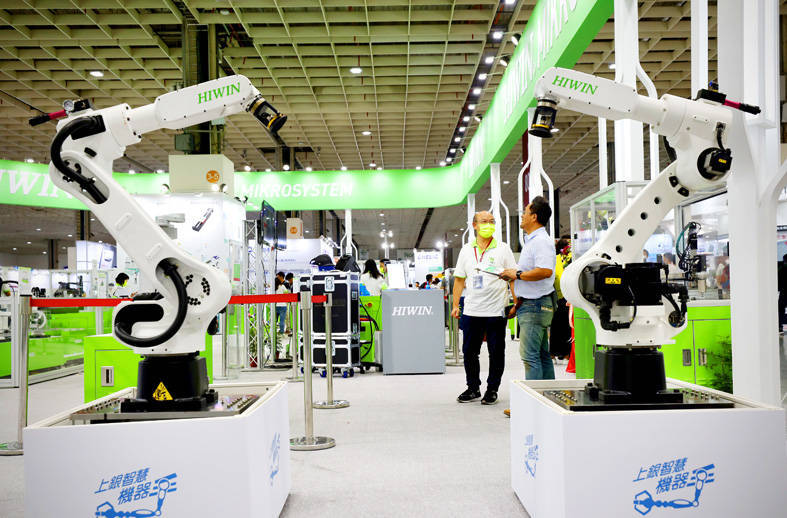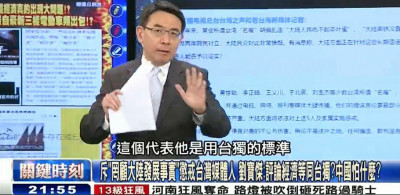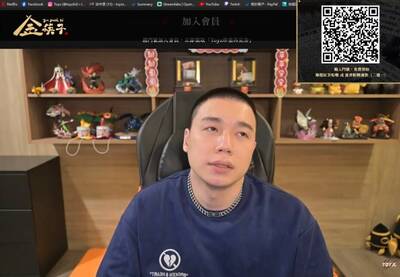《TAIPEI TIMES》 Incentives draw NT$2.1tn in investment

Robotic arms products are on display at the Taiwan Automation Intelligence Robot Show in Taipei on Aug. 24 last year. Photo: Ritchie B. Tongo, EPA-EFE
MINISTRY PACKAGES: The preferential loans have prompted more than 1,400 local companies to invest in Taiwan, which has boosted local industry, the MOEA said
/ Staff writer, with CNA
Three incentive packages offered by the Ministry of Economic Affairs (MOEA), which were launched in 2019, have convinced local companies to invest more than NT$2.1 trillion (US$68.33 billion) in Taiwan, ministry statistics released on Saturday showed.
The three incentive packages, which offer preferential loans to encourage investments in Taiwan, have prompted more than 1,400 local companies to agree to pour funds into Taiwan since 2019, and are expected to create 149,000 jobs, the ministry said in a statement.
With Taiwan Semiconductor Manufacturing Co (台積電), the world’s largest contract chipmaker, keen to expand production and upgrade technologies in Taiwan, 22 of its suppliers such as IC packaging and testing service provider ASE Technology Holding Co (日月光半導體) and silicon wafer maker Wafer Works Corp (合晶科技), have promised to invest NT$66 billion in Taiwan under the three incentive packages, the ministry said.
Amid escalating trade tensions between the US and China, the ministry launched the first package of incentives on Jan. 1, 2019, which involved the Cabinet’s National Development Fund assigning NT$210 billion in preferential loans to persuade Taiwanese investors with operations in China to return to Taiwan.
The incentives are aimed at reducing Taiwan’s reliance on the Chinese market and at mitigating negative effects caused by trade tensions between Washington and Beijing.
Another incentive package was launched on July 1, 2019, by the National Development Fund to assign NT$100 billion in preferential loans to help local small and medium-sized enterprises invest in Taiwan.
The third package consists of a fund that has assigned NT$120 billion since July 1, 2019, to encourage enterprises not covered by the first and second packages to invest in innovative industries.
The three incentive packages, which have been extended for an additional three years, focus on the government’s “5 plus 2 industries” development projects, which are smart machinery, making Taiwan Asia’s Silicon Valley, green technologies, biotech, national defense, new agriculture and the circular economy.
The ministry said the more than NT$1.2 trillion in investment pledged by these enterprises has been leading to an upgrade in local industries, which helped the local economy fend off not only the impact from trade tensions between the US and China, but also the effects from interruptions in the global supply chain caused by the COVID-19 pandemic.
A large number of investment projects under the three packages involve artificial intelligence development and electric vehicle-related industries, which are expected to help Taiwan seize business opportunities in these emerging sectors on the global market, the ministry said.
The ministry said Taiwan has commanded the lead over many other countries in the information technology industry, so many Taiwanese companies have become part of the global supply chain of US electric vehicle brand Tesla Inc.
Twenty-nine Taiwanese key component firms have served as Tesla suppliers in a wide range of products, such as power systems, electric motors, batteries, vehicle frames and charging systems, a report by the Chinese-language CommonWealth Magazine said.
Among the companies echoing the government’s call to invest in Taiwan’s EV market were flat-panel supplier Innolux Corp (群創), contract electronics maker Pegatron Corp (和碩), thick film substrate producer Tong Hsing Electronic Industries Ltd (同欣電子) and forged wheel supplier SuperAlloy Industrial Co (巧新), which have been part of Tesla’s supply chain, the ministry said.
Some old-economy companies have also entered the EV market as they have set sights on new energy development by applying for the ministry’s incentive programs.
One of them is petrochemical conglomerate Formosa Plastics Group (台塑集團), which is investing in lithium-titanate battery development, and Kwang Yang Motor Co (光陽工業), a major manufacturer of motorbikes under the Kymco brand, which has started to roll out electric scooters.
The three packages are scheduled to expire at the end of this year.
新聞來源:TAIPEI TIMES














